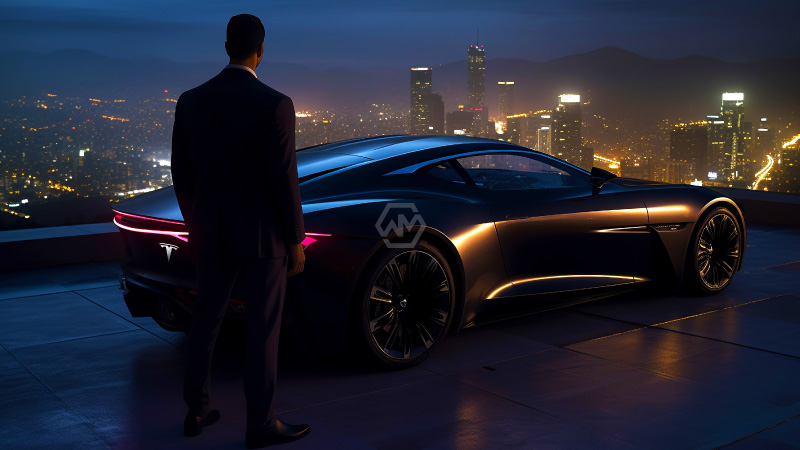- The criminal case against a Tesla driver in Los Angeles could be over by the end of the month.
- Families of victims of a 2019 Los Angeles crash are pursuing civil actions against Aziz Riad and Tesla.
- The Alcazar Lopez family is suing Tesla, with attorney Don Slavik claiming the company has been promoting self-driving cars since 2016.
The criminal case against a Tesla driver in Los Angeles County could be over by the end of the month, making it the first time in American history that prosecutors have filed felony charges against a driver of a partially automated vehicle.
The lawsuit raises moral and legal concerns regarding the technology, especially as the number of automakers using comparable systems and the sales of Tesla vehicles increase. In June, Aziz Riad, who was operating Autopilot, was sentenced to probation after entering a no-contest plea to two counts of vehicular manslaughter with gross negligence.
A Tesla driver
Aziz Riad and Tesla are the targets of continuing civil actions brought by the families of the victims. Two people were murdered in a collision in a Los Angeles suburb in 2019; the spouse of one of those victims, Lorena Ochoa, thinks Tesla and Aziz Riad ought to be punished more severely.
The plea agreement was defended by the Los Angeles County District Attorney’s Office, which claimed that the decision “was reached taking into account all of the evidence and materials presented in the case.”
Even more complicated is the issue of civil liability. Given that he was operating the vehicle, is Tesla or Aziz Riad to blame for the fatalities? Tesla engineers should be aware that users will rely on and put too much faith in driver-assist technologies.
They recommend restricting the usage of Autopilot to motorways, improving a driver-monitoring system, and shutting it down more quickly if it detects that drivers are not paying attention to the road.
The family of Alcazar Lopez is suing Tesla, and Don Slavik, one of their attorneys, said he will make the case in court that Tesla has been promoting its cars as being capable of self-driving since at least 2016.



